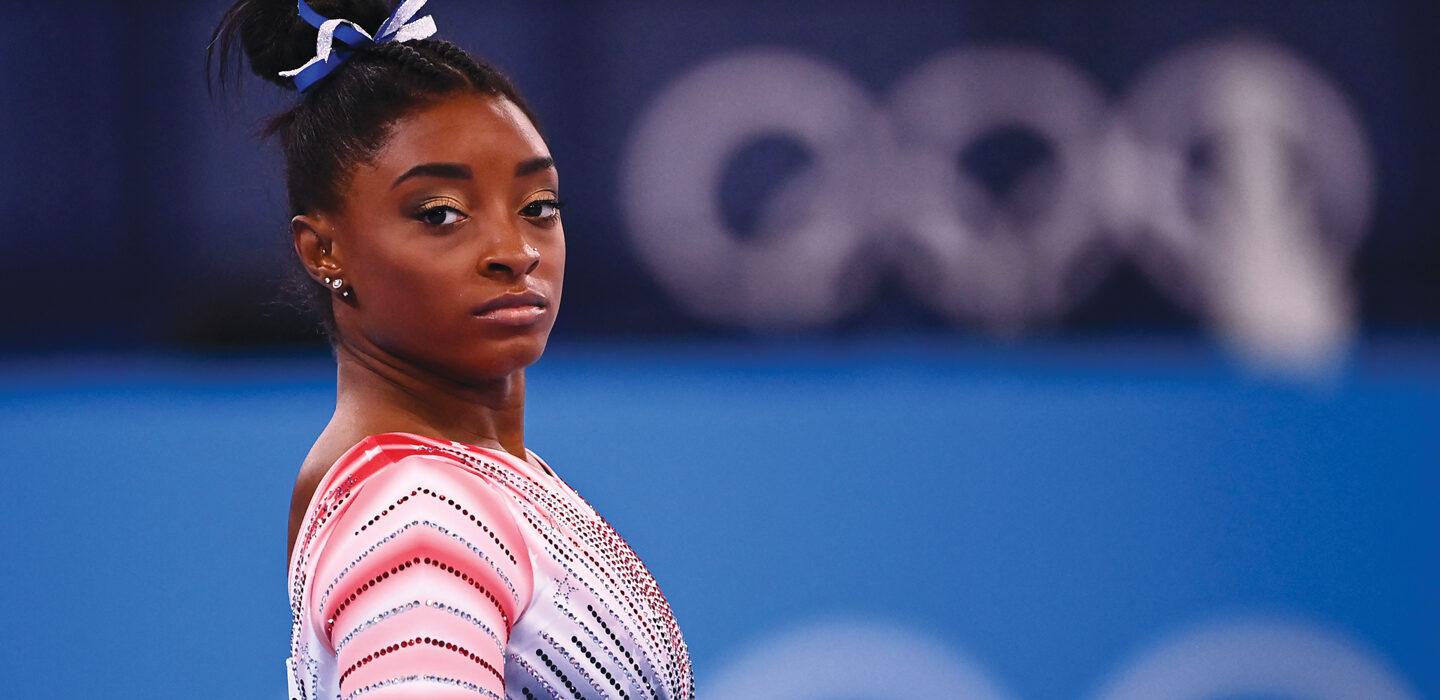HOME
How mindfulness-based training can give elite athletes a mental edge

On yellow poster board, blue letters spell BELIEVE, a nod to the Emmy-winning TV show Ted Lasso. The sign hangs above psychologist Tommy Minkler’s office door at West Virginia University, a reminder to trust in the work he’s doing to help elite athletes.
In the show, Lasso, an American football coach, is recruited to head an English football team. His experience coaching American football, an utterly different game than soccer, leaves him lacking overseas, so he relies on his positive attitude and folksy charm to bond with his players. On his first day coaching, Lasso posts the BELIEVE sign above his office door. The team often rallies around the sign just before hitting the field.
But belief alone can’t get athletes to the goal when they run into the psychological speed bumps or full-on roadblocks that can arise during training and competition. When Lasso’s striker Dani Rojas faced the yips — suddenly unable to nail his usually flawless penalty kicks — a therapist was called in. In real life, when the twisties hit U.S. gymnast Simone Biles at last summer’s Olympics in Tokyo, she withdrew from five of six event finals. Biles’ mental block was petrifying; one wrong move on the uneven bars or a failed flip on the balance beam could cause a devastating injury, or even death. Her decision to withdraw from competition after years of intense training shocked the world, from commentators to armchair athletes.
Elite athletes are expected to be unflappable. Admitting vulnerability is “so fundamentally at odds with being a competitor,” retired U.S. figure skater Sasha Cohen, who won a silver medal at the 2006 Winter Olympics, explained in the 2020 HBO documentary The Weight of Gold. Sport is war. Competing at the elite level requires strategy and posturing. “You need to show the world you are strong. You need to show your competitors you are strong,” Cohen said. “If you were to say, ‘Oh, I have mental health issues,’ that just cracks the facade.”
News Source